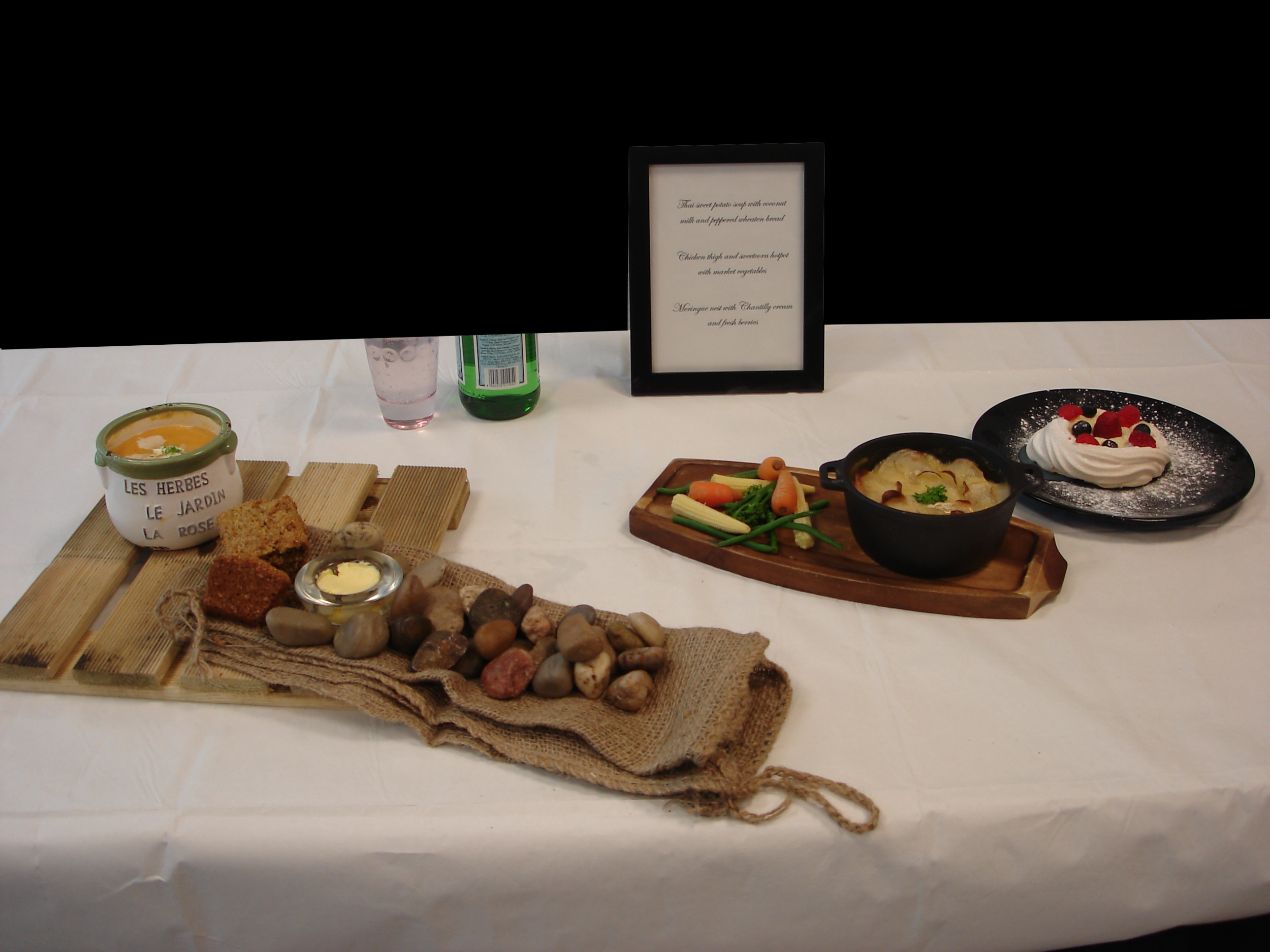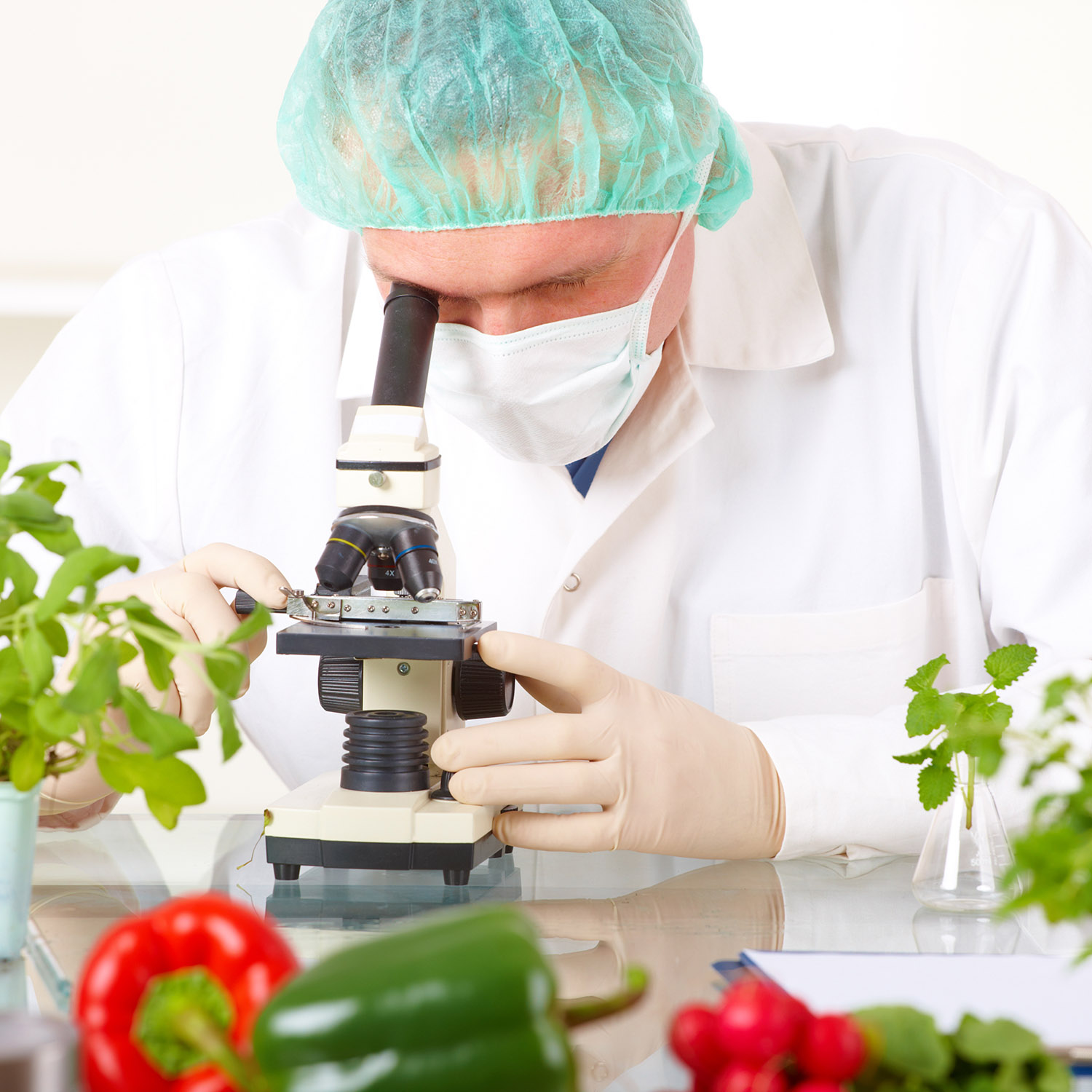Home Economics
Staff
Head of Department
Mrs E Beverland
Subject Teachers
Miss L Semple
Miss D Byrne
Mrs L Towse
Technician
Mrs D Johnston
Aims
Home Economics is a subject through which many skills can be developed - in particular the practical skills involved in planning, preparing, cooking and serving food. However Home Economics involves much more than this. Students will learn about the inter-relationship between diet, health, family, home and the choice and management of resources.
In Home Economics we aim to:
foster enjoyment in the subject and to enable pupils to gain knowledge, understanding and skills which will allow them to make informed decisions about food, home and family life
stimulate and maintain student curiosity, interest and enjoyment of the subject
enable students to be familiar with a body of knowledge, principles and vocabulary relevant to the study of Home Economics
develop a wide range of practical skills through relevant learning experiences
enable students to develop a range of desirable personal qualities such as initiative, decision making and independence
enable students to work independently and as part of a team
develop an awareness in students of the relevance of the subject for the individual and the family
allow pupils to develop informed opinions and to be able to support them by reasoned arguments
make pupils aware of career opportunities through Home Economics
enable pupils where appropriate, to achieve in public examinations and gain access to higher education
Key Stage 3
Home Economics is at the core of the revised curriculum for KS3 and is one strand of Learning for Life and Work
It is a subject through which many skills can be developed - in particular the practical skills involved in planning, preparing, cooking and serving food
In Regent House School, all Key Stage 3 pupils study Home Economics 2 periods each week throughout the year
Pupils have regular experience of practical activities in which they are encouraged to develop a range of skills, including food preparation skills, organisational skills, problem solving, working with others and time management
Ingredients are purchased by the Home Economics Department at a cost of £20 to cover the entire year
At the end of Key Stage 3, all pupils have the opportunity to select the subject for further study at Key Stage 4 and beyond
Year 8
Introduction to Home Economics
Safety and First Aid
Weighing and measuring
The Eatwell Plate: Sugar
The Eatwell Plate: Milk and dairy foods
Year 9
Food poisoning
The Eatwell Plate: Fats
The Eatwell Plate: Starchy foods
Food labelling
Family life
Year 10
The ethical consumer
The Eatwell Plate: Protein foods
Independent living
Nutritional needs throughout the life cycle
CGSE Food and Nutrition
Pupils study the Food & Nutrition specification.
Each year group studies Food & Nutrition 4/5 periods each week. The KS4 course offers opportunities to build on the skills and capabilities developed through the delivery of the KS3 curriculum.
Nutrition and Food Science
Pupils study the Nutrition and Food Science specification.
The AS and A2 specification builds upon the knowledge, understanding and skills developed within GCSE Food and Nutrition and provides a basis for progression to the full A Level GCE.
Careers
The A Level course provides a good foundation for higher education courses in Home Economics and related subjects and for a range of interesting careers:
Teaching
Nursing
Product development
Food production, management and quality assurance
Hospitality
Dietetics
Nutrition, leisure and tourism
Catering
Environmental health
Food supply management
Marketing
Food journalism
Occupational health
Consumer studies


























